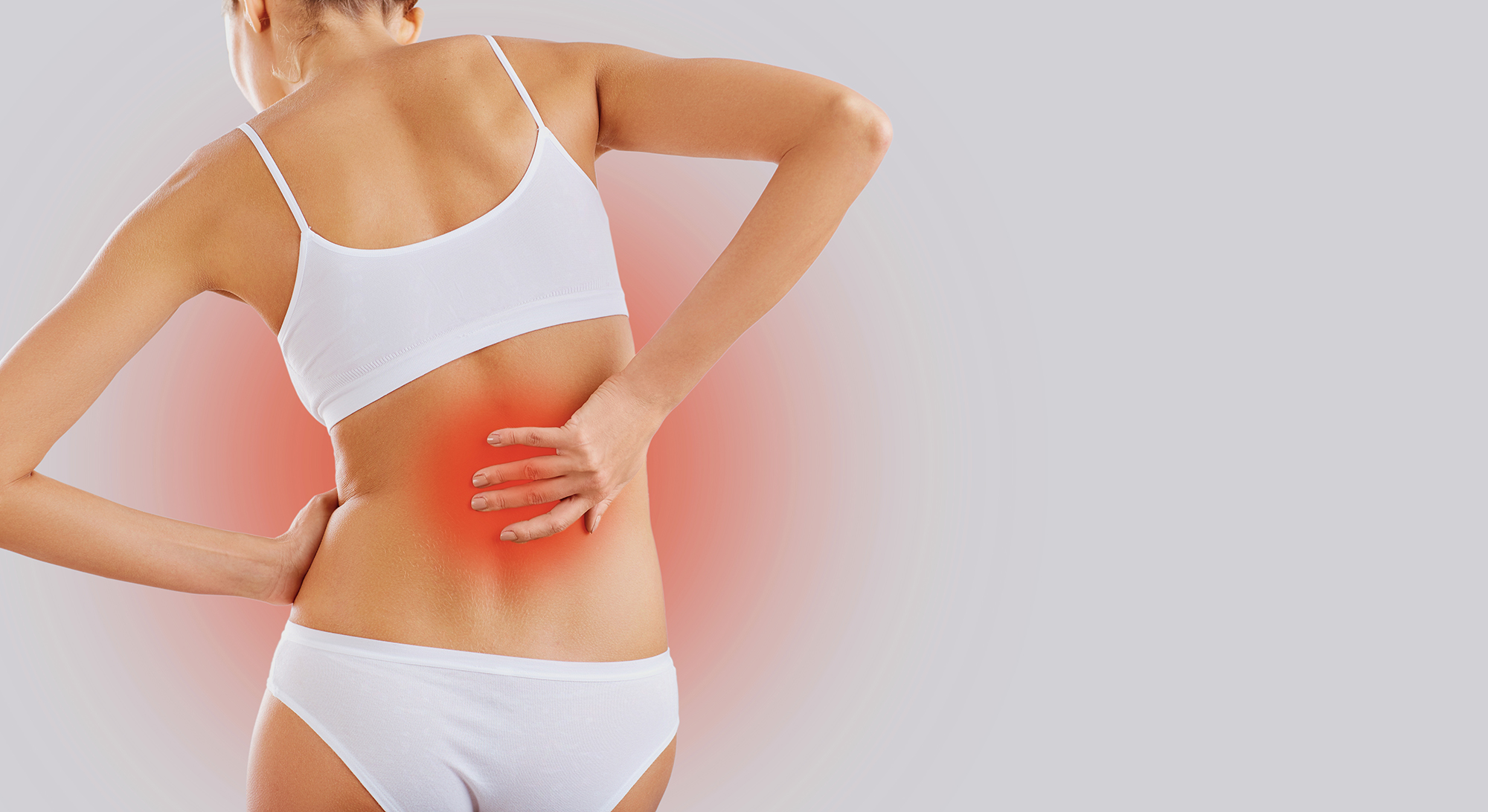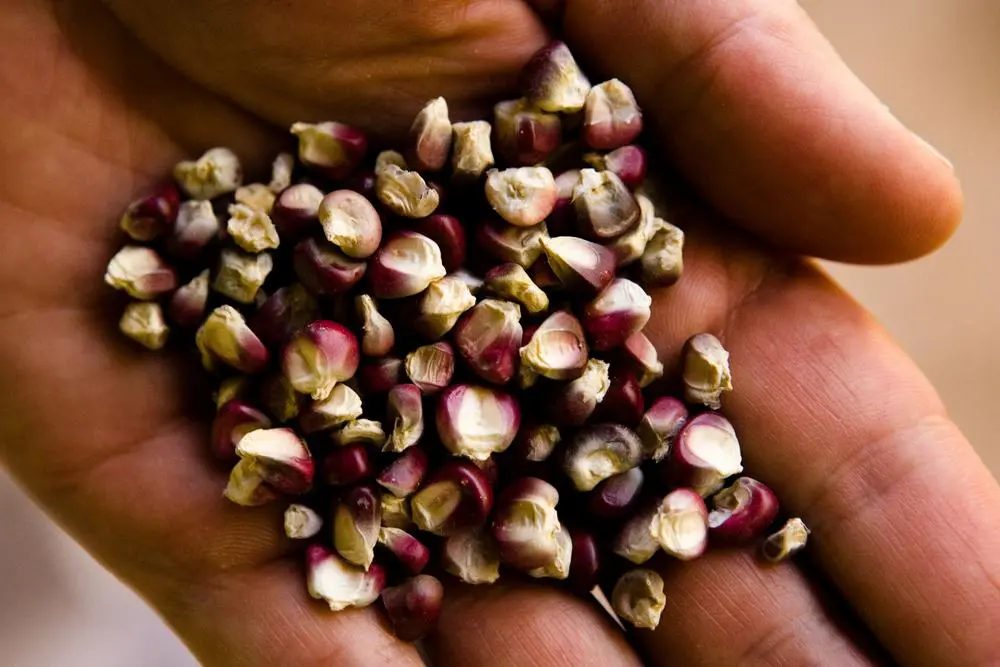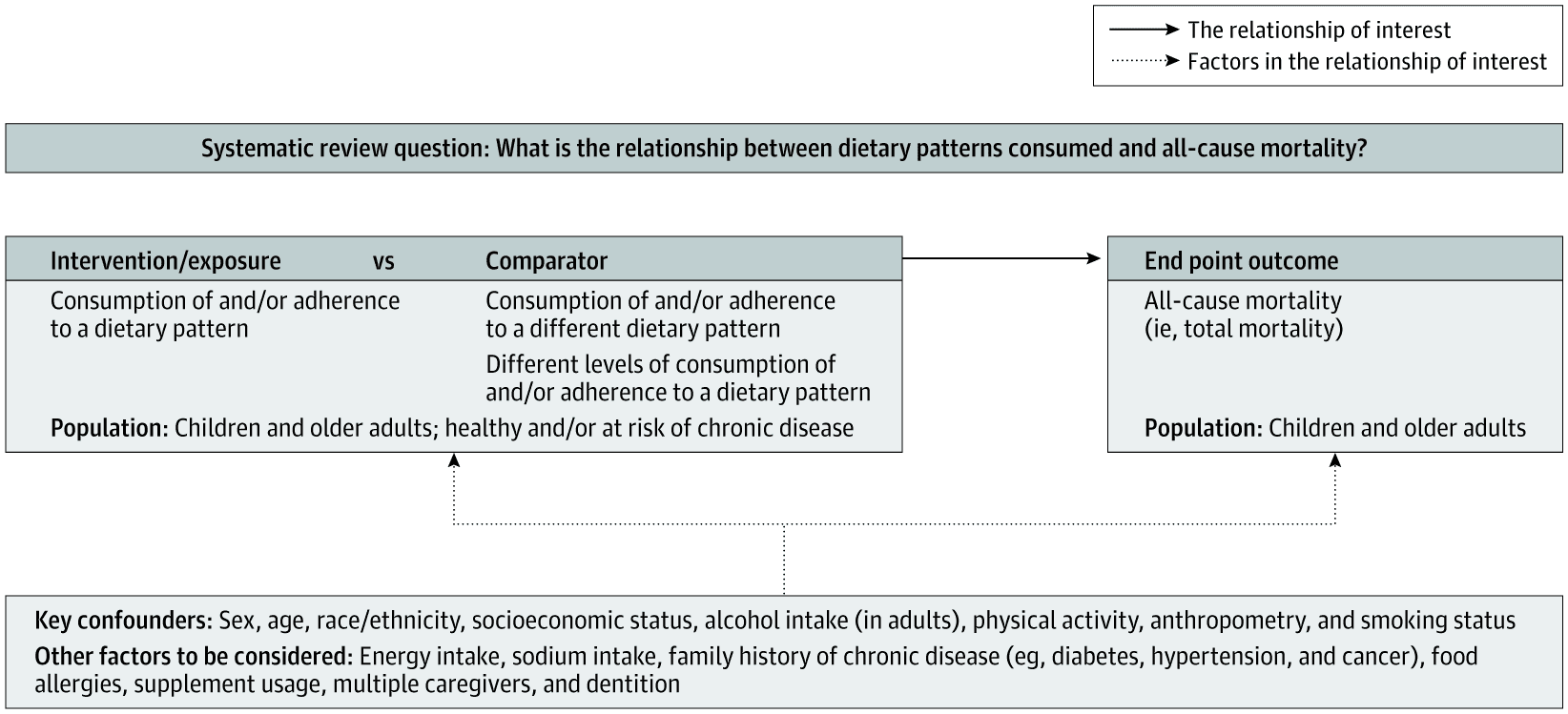Mito
Member
- Joined
- Dec 10, 2016
- Messages
- 2,554
Highlights
- CD4+ T cells from healthy older people preferentially produce a Th17 profile
- Autophagy, but not mitophagy, knockdown activates a Th17 profile in “young” cells
- Mitochondrial ROS is needed, but not sufficient, for a Th17 profile in “young” cells
- Metformin improves autophagy and mitochondria in parallel to decrease inflammaging






